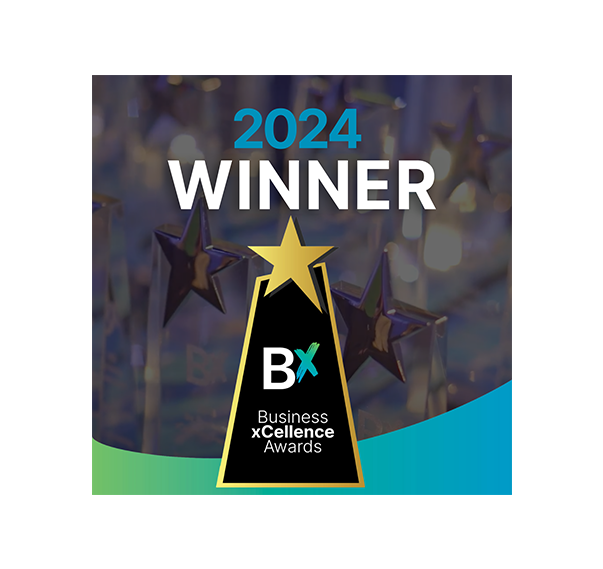Effective Marketing Strategies for Engaging Gen Z
Marketing to Generation Z, born between the late 1990s and early 2000s, is a unique challenge. As digital natives, they have grown up in a world saturated with advertising, making them adept at ignoring traditional marketing tactics. This blog post explores how businesses can engage Gen Z effectively and how you can do it yourself for your own business.
The Digital Savvy Generation Z
Gen Z represents a seismic shift in consumer behaviour. They are not only tech-savvy but also highly conscious of social and environmental issues. Their upbringing in the digital age means they are accustomed to rapid information processing and have a short attention span for unengaging content. For brands, this means traditional advertising methods are less likely to succeed, and new, innovative approaches are required to capture their attention.
Insights from a Gen Z Marketing Expert
Gen Z is acutely aware of when they are being targeted by marketers. They’ve seen every marketing trick in the book—from celebrity endorsements to integrated lifestyle branding—and as a result, they prefer brands that offer more than just products but also align with their ethical values and social concerns.

Key Marketing Strategies to Attract Gen Z
Here are some tips to help companies market themselves to Gen Z
- Content Authenticity: Brands need to be authentic. This means creating content that is true to the brand’s identity and values. Authenticity resonates with Gen Z, who often seek out brands whose social and environmental values align with their own.
- Engaging Content Creation: Content should be engaging and tailored to the platforms where Gen Z spends their time. Brands need to act more like content creators—utilising visuals, narratives, and styles that appeal directly to Gen Z aesthetics and values.
- Responsive Customer Interaction: Brands must prioritise responsive and transparent customer interactions. Gen Z expects quick and honest responses to their inquiries and complaints. A robust social customer service strategy is vital to maintaining their trust and loyalty.
- Platform Diversity: Gen Z uses a wide array of social platforms. Brands need to develop a presence on multiple platforms but do so in a way that respects the unique culture and style of each. From TikTok’s short-form videos to Instagram’s visual stories, each platform offers different ways to engage.
- Value-driven Messaging: More than any previous generation, Gen Z wants to know what a brand stands for. Marketing messages that highlight a company’s commitment to social causes or environmental sustainability can strongly appeal to this demographic.
- Influencer Collaborations: Influencers who resonate with Gen Z can be powerful ambassadors for brands. However, partnerships must be thoughtful and authentic. The influencer’s values and audience should align closely with the brand’s, ensuring the collaboration feels natural and genuine.
- User-Generated Content: User-generated content (UGC) not only provides authenticity but also engages and encourages other users to share their experiences. This kind of content can significantly boost a brand’s credibility and appeal among Gen Z.
- Leveraging FOMO: Gen Z is responsive to marketing that leverages the ‘fear of missing out’ (FOMO). Time-sensitive offers and exclusive releases can create buzz and prompt immediate action.
- Continual Experimentation: The digital landscape is constantly evolving, and so are its users. Brands must remain flexible and willing to adapt their strategies. This means experimenting with new platforms, trends, and content types to see what resonates best with Gen Z.
Case Study: Real-World Application
A practical example of these strategies in action can be seen in how some companies have successfully engaged Gen Z. For instance, a popular beauty brand used platform-specific strategies to launch a new product line. They created a series of engaging TikTok videos featuring popular Gen Z influencers, which not only highlighted the product but also emphasised the brand’s commitment to cruelty-free beauty and sustainability. This campaign resulted in a significant increase in brand awareness and sales among the Gen Z demographic.

Challenges and Considerations
While the opportunities to engage with Gen Z are plentiful, there are also significant challenges. Their high standards for authenticity and social responsibility mean that any misstep in these areas can be greatly damaging to a brand’s reputation. Furthermore, their adeptness at using technology means they can easily block or ignore content that does not interest them, making it crucial for brands to gain their attention in meaningful ways.
Gen Z is not just another consumer demographic; they are a powerful and discerning group with specific preferences and values. Brands that want to successfully market to Gen Z need to understand these preferences and adapt their strategies accordingly. By focusing on authenticity, engaging content, responsive interactions, and value-driven messaging, brands can create meaningful connections with Gen Z consumers. View our blog or contact us for more helpful insights for getting your marketing back on track and turning your vision into results!










